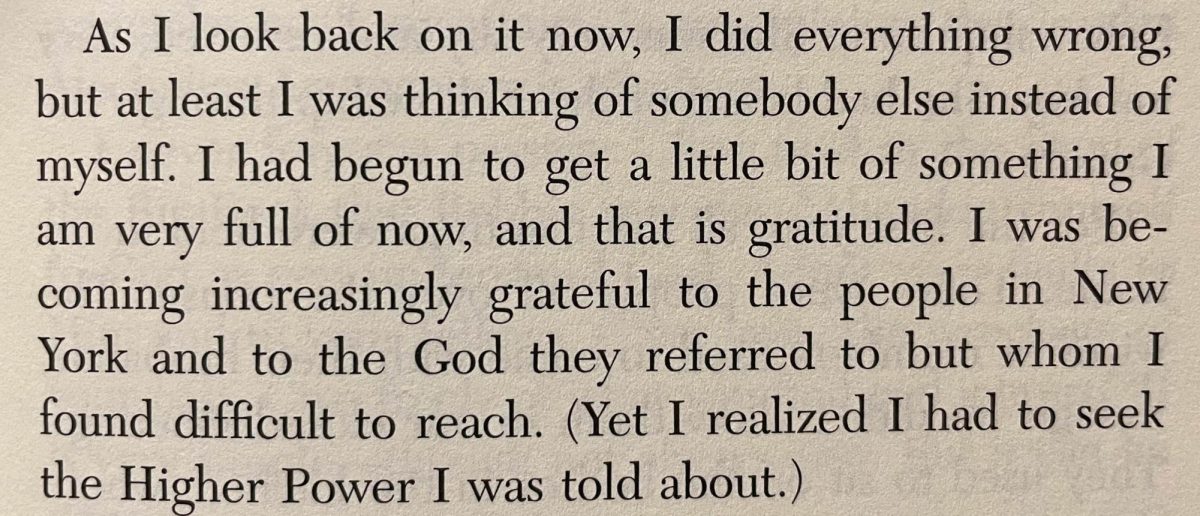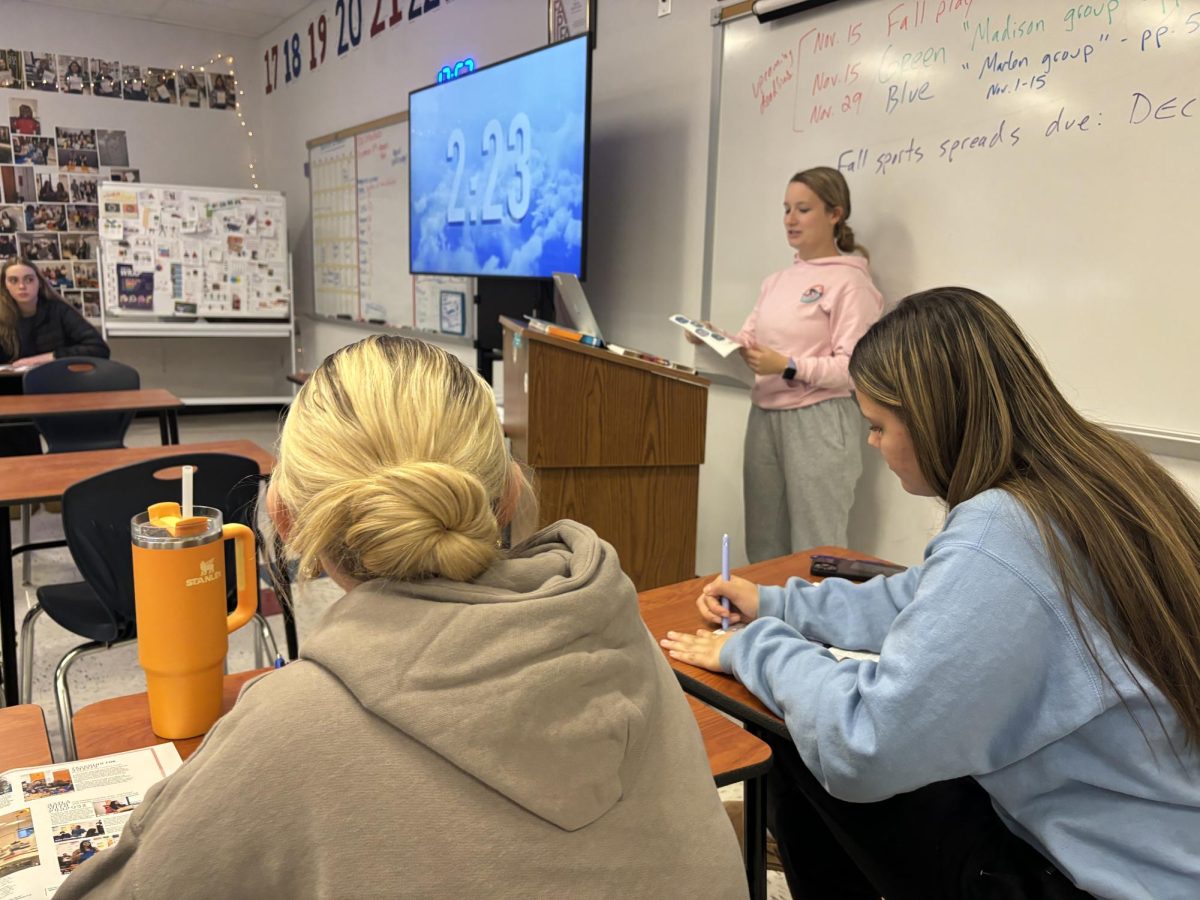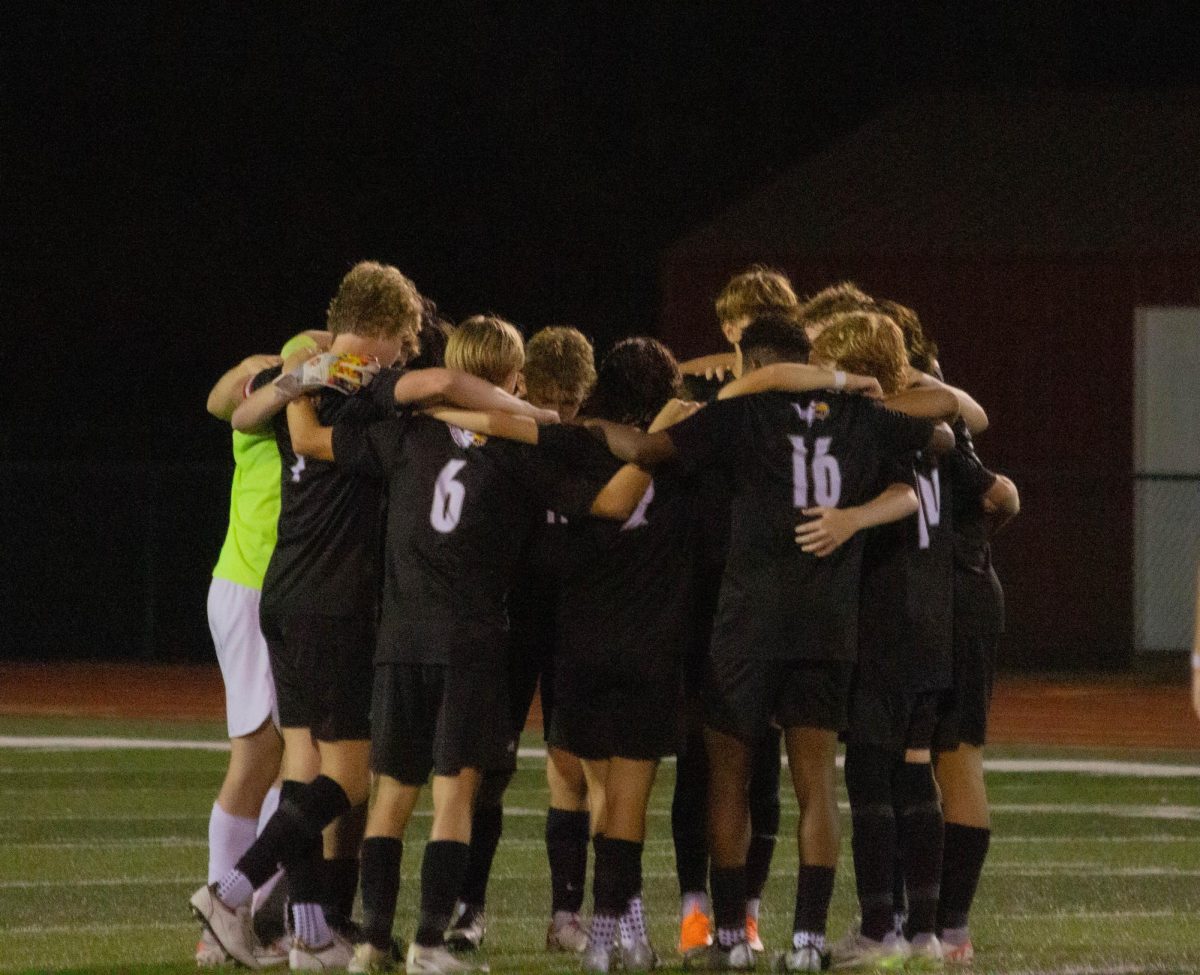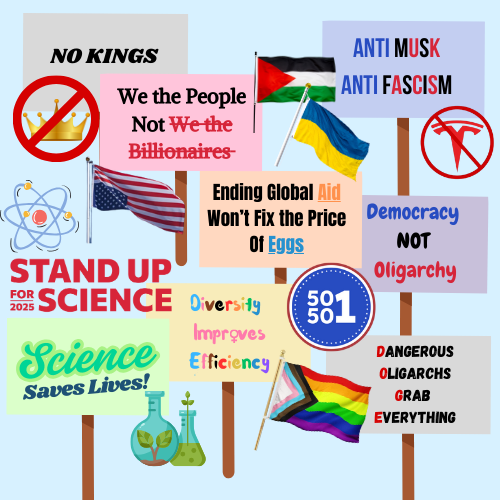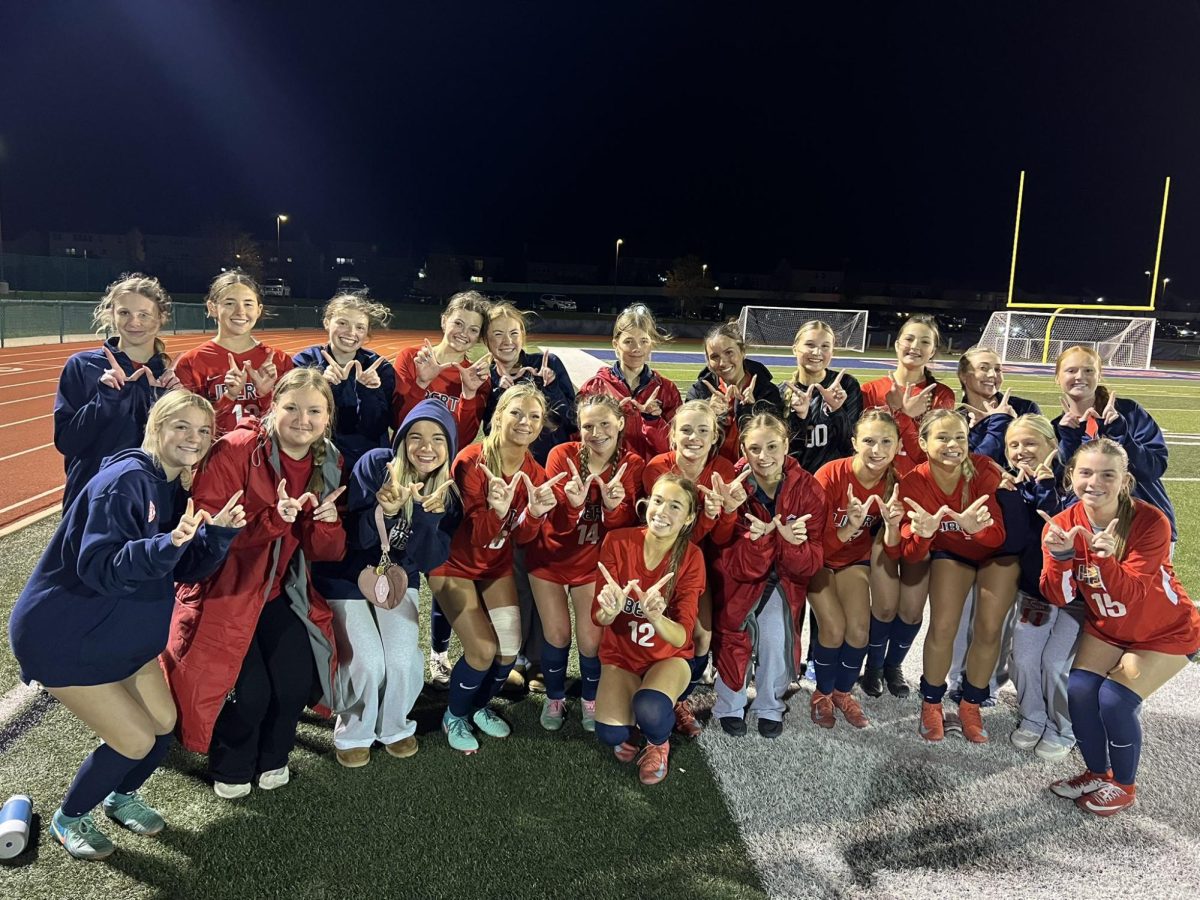Gratitude; to be grateful for the things we have. Practicing gratitude is an incredibly important part of improving and stabilizing our quality of life mentally and physically. It can be especially helpful for those struggling with their mental health. Research.com cites many physical and mental benefits of being grateful, including but not limited to; better sleep, lower blood pressure, strengthened immune system, improved patience, boosted self-esteem, strengthened relationships, reduced materialism, and more.
One of the most amazing things about gratitude is that you need one thing that makes you happy. I’ve had many struggles with mental health, and gratitude has been one of my biggest saviors. A year ago, I spent a month going to IOP (Intensive Outpatient), and every day we listed three things we were grateful for. Some people had completely different reasons every day, and some people had recurring reasons the whole time I was there. Some people listed more serious things, like friends or family. Some people listed sillier, more mundane things.
As someone who’s dealt with depression and anxiety for a lot of my life, I’ve practiced gratitude for a long time. The first and main person who has helped me to practice it was my dad, Scott Luker. Before IOP, before regularly going to therapy, it was my dad. My dad has also had his fair share of mental health struggles over the years; he’s been sober for 10 years, and I am incredibly proud of him. One of the biggest things that helped him in becoming and staying sober was learning to practice gratitude. “I never would’ve thought in a million years that something as simple as making a gratitude list and having an ‘Attitude of Gratitude’ could be such a life-changing thing.” ‘Attitude of Gratitude’ is a common saying in AA (Alcoholics Anonymous) to demonstrate being grateful as one of the biggest factors of success in the program.
It wasn’t always easy. Luker said that he first started consciously practicing gratitude when he realized that he always had everything he needed in order to be happy.
One of his favorite memories is from about 20 years ago when there was a blizzard on Christmas. “I can’t remember how many gifts I got, how much money I had in my wallet, or what kind of phone I had; but I vividly remember having fun with my family.”
Gratitude is as simple as a thank you note; a text, call, picture, you name it. Just a thought, any little effort to appreciate what you have in your life, especially when being thankful is hard. Whether it helps you on the road to recovery, like my dad, or simply just improves your quality of life, gratitude is one of the most important and fulfilling skills you can have.



